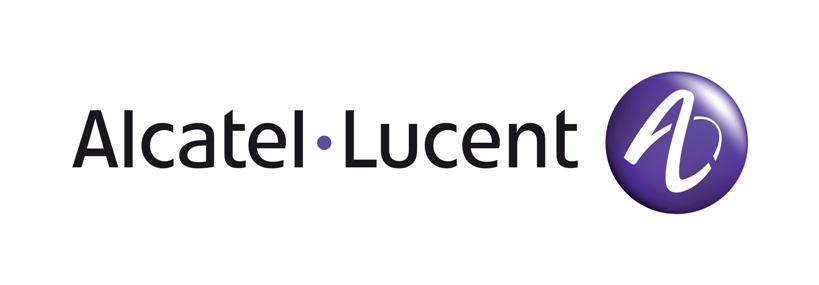If nothing else, Alcatel-Lucent CEO Michel Combes has been very visible lately. He has been aggressively making the case for the company’s repositioning to an IP Networking and Ultra-Broadband specialist vendor The Shift Plan. He has also been vocal about what telecom operators need to consider in order to be successful going forward. In fact, in a keynote address at the Futurecom 2013 event in Rio de Janeiro, the peripatetic CEO hit on both points.
First Combes stated that: “I believe strongly that our industry must develop a business model that enables operators to both profitably expand the capacity of their networks and deliver the quality of services and experience that users expect.”
This is a very applicable message for the Futurcom audience. Latin America penetration of ultra-broadband access technologies – especially mobile – is outpacing other parts of the world. According to recent figures from the ITU, there are almost as many mobile subscriptions as there are people in the world, and growing annually by 20 percent. And, as the CEO noted: “In Latin America, mobile penetration is at 130 percent and rising, with fixed broadband penetration close to 60 percent.”

image via connectnigeria.com
He further explained that: “This is good news when you consider how these numbers affect socio-economic development. In Latin America, for example, a 10 percent increase in broadband penetration can be linked to a three-percent increase in GDP, on average, and a 2 percent boost in productivity overall.”
Combes also highlighted how The Shift Plan fits into the need to strike the right balance that can fund network expansion, deliver the optimum end-user experience and do so profitably. He observed that: “The Shift Plan revolves around focusing our innovation around this new reality. By 2015, 85 percent of our total R&D investment will be represented by IP Networking and Ultra-Broadband Access. This is a strategic decision to become a technology vendor for the marketplace of tomorrow, a market populated by customers who themselves are moving to more efficient and more profitable business models, adopting new technologies like cloud, SDN [software defined networking] and NFV [network functions virtualization] in the process.”
The speech comes at an interesting juncture. Combes is working hard on the repositioning of the company. This includes dealing with difficult labor issues in Alcatel-Lucent’s home country France, along with the swirl of speculation as to what assets other than people are likely to be no longer part of company going forward as it strains to rebalance its own balance sheet.
In regards to the latter, for many months the likely subjects of assets sales have been the company’s submarine operations as well as their enterprise business. A bit of blogosphere noise also has erupted that Nokia, once it has billions in hand from its sale of its handset operations to Microsoft might wish to purchase the wireless infrastructure business of Alcatel-Lucent or even merge the two companies.
As an industry observer of such matters for several decades, the Nokia speculation (and that is all it is so it really should be taken for what it is worth) makes no sense on several scores.
First, in a converging world where IP Networking and Ultra-Broadband are in essence two parts of the same holistic move to a flatter, more easily provisioned, managed and secure networking, abandoning the wireless piece of the business would leave the company crippled.
Second, anything that involves further diminution of Alcatel-Lucent as a jewel in the French industrial complex crown is likely to meet very stiff resistance from the French government.
One final thought is that the old Chinese saying about mergers and joint ventures translating into “same bed different dreams,” would be true here. A look at the lack of success of such adventures punctuates the history of Alcatel-Lucent and Nokia, as well as the equipment sector in general. Let’s just say the prospect of combining these two competitors goes well beyond being problematic. I say that with the caveat that during an era of dramatic restructuring such as the one we are currently navigating our way through, nothing should be considered impossible.
Will the operators heed the call to action of Mr. Combes? That too remains an open question although probably less problematic than the above. In speaking with network operators from around the world there is a clear recognition of the need to use the leverage their assets to provide better user experiences than OTT competitors and thereby gain the value-added high ground required to prosper. In an industry not known for its ability to act quickly, whether they can execute fast enough to take advantage of whether they end up victors or vanquished in satisfying the needs of rapidly changing markets and cash in on emerging opportunities is the great imponderable. Obviously, Mr. Combes and the rest of the infrastructure solutions providers want to help them succeed.
Edited by
Ryan Sartor